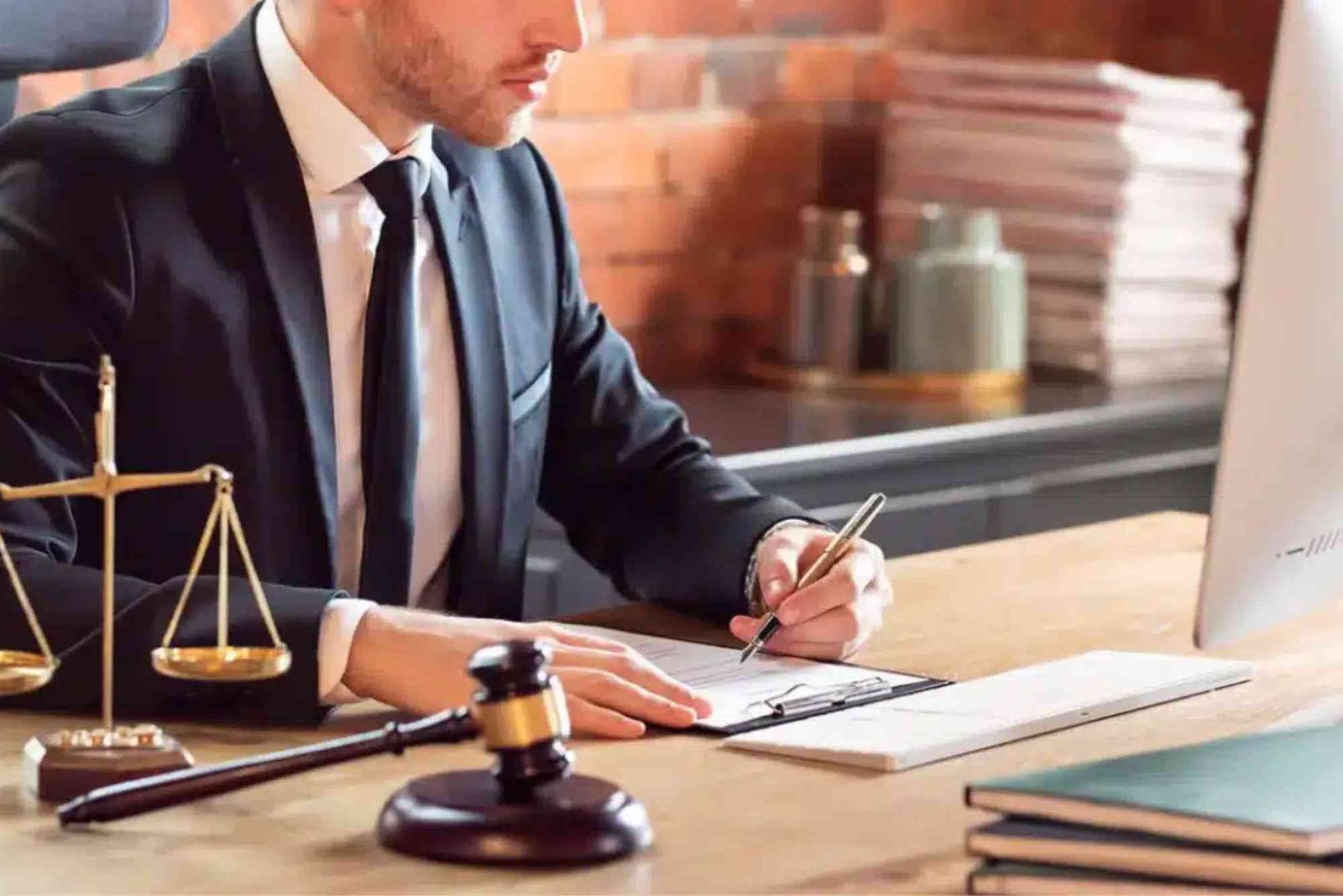In the complex legal landscape of the United Arab Emirates, criminal law stands as one of the most intricate and heavily regulated areas of practice. Dubai, as a global commercial hub and one of the most cosmopolitan cities in the region, enforces stringent laws that govern a wide array of criminal activities. From financial crimes and cybercrime to drug-related offenses and violent crimes, individuals facing serious charges require experienced legal representation. A common question that arises among expatriates and local residents alike is: What is the success rate of criminal lawyers in Dubai in serious cases?
This is not only a legitimate concern but a critical one for those involved in the legal system. Understanding how success is measured in criminal defense, the contributing factors to favorable outcomes, and the challenges inherent in such cases helps individuals make informed decisions about their legal options.
Understanding “Success” in Serious Criminal Cases
The term “success” in criminal law is multifaceted. It does not always mean a complete acquittal. Success could mean a reduction in charges, mitigation of penalties, securing bail, or negotiating plea agreements. For some defendants, avoiding a custodial sentence or deportation may constitute a favorable outcome. Therefore, the success rate is not solely about winning or losing a case but achieving the most advantageous result possible given the circumstances.
In serious criminal cases—those involving felonies such as homicide, large-scale fraud, or high-value embezzlement—the definition of success is even more nuanced. These cases often involve lengthy investigations, complex legal arguments, and substantial evidence presented by the prosecution. As such, even a partial victory can represent a significant legal achievement.
The Legal Framework Governing Criminal Cases in Dubai
Criminal law in Dubai operates within the broader framework of the UAE Penal Code. Legal procedures are governed by both federal and emirate-level regulations, and the country follows a civil law system influenced by Islamic Sharia principles. Serious criminal charges are adjudicated in a series of court stages—primary, appellate, and cassation—each offering the opportunity for legal defense and review.
The prosecution bears the burden of proof and must establish guilt beyond a reasonable doubt. However, the legal system allows substantial prosecutorial discretion and provides significant weight to police investigations and forensic evidence. As a result, building a strong defense requires deep familiarity with both procedural and substantive law.
Factors Influencing Success Rates in Serious Criminal Cases
Numerous factors influence the likelihood of a favorable outcome in serious criminal matters. The success rate of criminal lawyers in Dubai is tied to a combination of strategic, procedural, and practical elements, which include:
- Nature and Complexity of the Charges:
The type of criminal offense heavily influences potential outcomes. White-collar crimes such as fraud or bribery often involve complex financial documents, multiple defendants, and extensive investigations, making them difficult to defend. On the other hand, drug offenses or physical assault cases may hinge on witness credibility or the legality of the arrest procedure. - Quality and Presentation of Evidence:
The strength of the prosecution’s evidence is a key determinant. If the evidence is circumstantial, improperly obtained, or lacks credibility, defense lawyers can challenge its admissibility or reliability. Successful criminal defense often hinges on identifying flaws or inconsistencies in the prosecution’s case. - Timely Legal Representation:
Early involvement of legal counsel significantly improves the chances of success. Lawyers can intervene during the investigation phase, advise the accused on their rights, and prevent the unintentional waiver of legal protections. - Procedural Diligence:
UAE courts emphasize procedural correctness. Failure by the prosecution to follow due process can be grounds for dismissal or retrial. Experienced lawyers pay close attention to arrest procedures, search warrants, interrogation protocols, and trial proceedings to safeguard their clients’ rights. - Language and Cultural Barriers:
Dubai’s multicultural population often brings language and cultural challenges into the courtroom. Lawyers who can effectively navigate these complexities, communicate clearly with clients, and understand the legal nuances of cross-border crimes are better equipped to build a strong defense. - Judicial Discretion:
Judges in Dubai possess considerable authority in interpreting the law and assessing the credibility of evidence. Although legal precedent is considered, judicial discretion plays a role in sentencing, which introduces a level of unpredictability that must be strategically managed by defense lawyers.
Realistic Expectations in High-Stakes Cases
It is important to approach serious criminal cases with realistic expectations. Success does not always mean an immediate or full acquittal. In some instances, defense strategies aim to reduce the severity of sentencing, delay proceedings to gather more evidence, or negotiate plea deals that prevent more damaging outcomes.
In cases involving serious allegations such as attempted murder, drug trafficking, or corporate embezzlement, the legal strategy may evolve over time. Lawyers often begin with aggressive defense tactics and may shift toward settlement or mitigation if the evidence strongly supports the prosecution’s case. This adaptive approach contributes to what is considered a “successful” legal defense.
Clients should also be aware that success in lower courts does not guarantee a final outcome. Both parties—the defense and prosecution—retain the right to appeal. Therefore, a multi-stage strategy that considers all possible judicial reviews is often part of an effective legal defense in serious criminal cases.
Measurable Indicators of Legal Success
Although the legal system in Dubai does not publish formal statistics on the win-loss ratio of individual lawyers or law firms, success can be evaluated through several qualitative indicators:
- Dismissal of Charges: One of the most favorable outcomes, especially during the investigation phase.
- Acquittal: Achieved when the prosecution fails to prove guilt beyond reasonable doubt.
- Charge Reduction: A common goal in plea negotiations or where mitigating circumstances are proven.
- Sentence Mitigation: Involves obtaining a lighter penalty than what is typically imposed for the crime.
- Bail Secured: Particularly significant in cases where prolonged detention would otherwise be expected.
- Deportation Avoided: Especially relevant for expatriates, avoiding a deportation order is a major legal win.
The Role of Experience and Specialization
Lawyers handling serious criminal matters must possess not only a command of legal principles but also a deep understanding of courtroom strategy, evidentiary standards, and local judicial preferences. The UAE legal system is unique in many respects, and experience plays a pivotal role in determining the success of legal strategies.
The best outcomes are usually achieved by those who specialize in criminal law and have extensive courtroom exposure. They can anticipate procedural developments, respond dynamically during trial, and tailor their defense to the specifics of the case. This level of specialization contributes directly to higher success rates in serious criminal matters.
Moreover, collaboration with forensic experts, financial analysts, and translators is often necessary in high-stakes cases. Lawyers who work within a multidisciplinary framework are better equipped to mount a robust and comprehensive defense.
How Serious Cases Are Viewed by the Judiciary
Judges in Dubai are acutely aware of the implications of serious criminal cases, not just for the individuals involved but for the public interest. As a result, they tend to exercise caution and give due diligence to all presented evidence. This thoroughness offers a window of opportunity for defense lawyers to raise reasonable doubt or prove procedural violations.
Judicial impartiality is a cornerstone of the UAE legal system. While harsh penalties can be imposed, courts are equally committed to ensuring that convictions are based on clear, convincing, and lawful evidence. The burden placed on the prosecution to meet this high standard provides criminal defense lawyers the opportunity to challenge unjust outcomes effectively.
Conclusion
The success rate of criminal lawyers in Dubai in serious cases cannot be pinned down to a single percentage or figure, primarily because outcomes depend on a wide range of legal, factual, and procedural variables. However, the factors that most significantly impact success include early legal intervention, evidence scrutiny, courtroom strategy, and the ability to navigate the local legal landscape.
In high-stakes criminal matters, success is not always defined by acquittal but by the degree to which adverse outcomes are minimized. Effective legal representation can mean the difference between years in prison and a suspended sentence, or between deportation and continued residence in the UAE. Employees, expatriates, and residents facing serious criminal charges in Dubai should prioritize securing experienced legal representation, not only to defend against charges but to ensure every possible safeguard is exercised in pursuit of justice.
By choosing to work with criminal lawyers in Dubai who have a deep understanding of the local laws, court procedures, and cultural nuances, defendants can significantly improve their chances of securing a favorable outcome—even in the most serious and complex cases.



